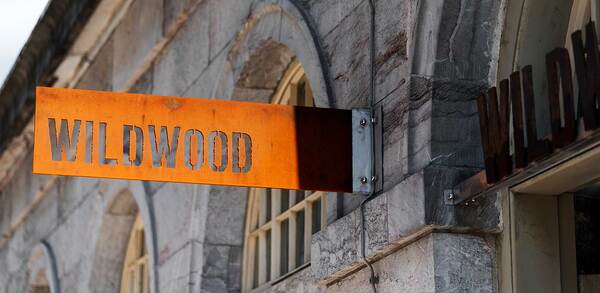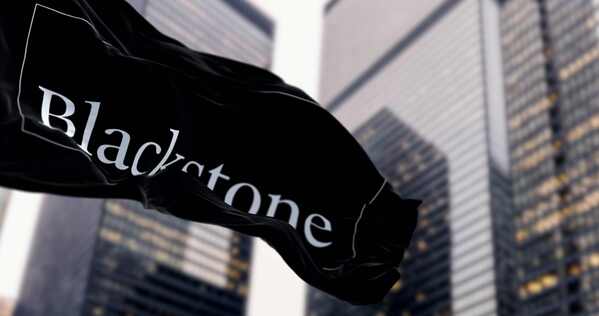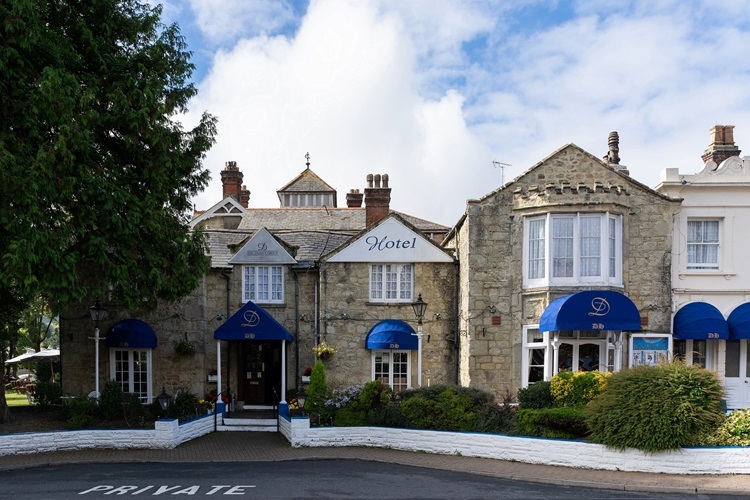Viewpoint: The manual guide to hotelkeeping
There was a time before digital marketing and TripAdvisor reviews, when those in the hospitality industry relied on word of mouth and customer loyalty. Peter Hancock looks back at how it used to be done
While I do not yet count myself as geriatric, I recognise that a large proportion of The Caterer's readers are younger than me and that a fair number will have no experience of working in a pre-digital age.
It seems far-fetched to us all now, of course, with our dependence on electronic communication, but in retrospect I sometimes think it was much easier to be a hotelkeeper before the internet came along. The absence of sophisticated marketing tools created a level playing field, where reputation and goodwill were everything and the only person who saw a guest's complaint would have been the manager or the owner, never to be shared with the world at large.
So by way of a quaint glimpse into the past, let me explain how customers booked rooms at the hotel where I had my first taste of managerial responsibility, the Roman Way hotel and country club in West Sussex. Potential customers might have seen our small panel advertisement in The Sunday Times
On receiving the brochure, the customer might then phone again to ask about availability, perhaps settling on their arrival and departure dates, which we would check using a chart equipped with pencil and eraser. We would ask for a deposit to secure the booking, usually around 20% of the total charge, which the customer would pay by cheque. A day or two elapsed before the cheque arrived; it was paid into the bank, and another day or two elapsed until the cheque cleared. We then typed a short letter to say that the booking was now confirmed and that we looked forward to welcoming the guest in due course. This was popped into the post.
Had anybody asked what marketing we did, Iâd have innocently replied that the word meant nothing to me. It was never used. Somehow people just seemed to find out about us and wanted to stay. If the price was too high or our facilities too meagre, we had no hesitation in recommending other places more suited to the clientâs needs. Special dietary requirements were incredibly rare. Illicit breaks with other peopleâs wives and husbands, less so.
When we got things right, there were large tips and profuse thanks exchanged. When we occasionally got things wrong, the customer would probably not return. But with no public forum on which to vent their grievance, our dirty little secret was safe.
Peter Hancock is the chief executive of Pride of Britain hotels
Peter Hancock will be speaking at The Catererâs Digital Summit on 18 June. Go to catererdigitalsummit.com to book your ticket


















